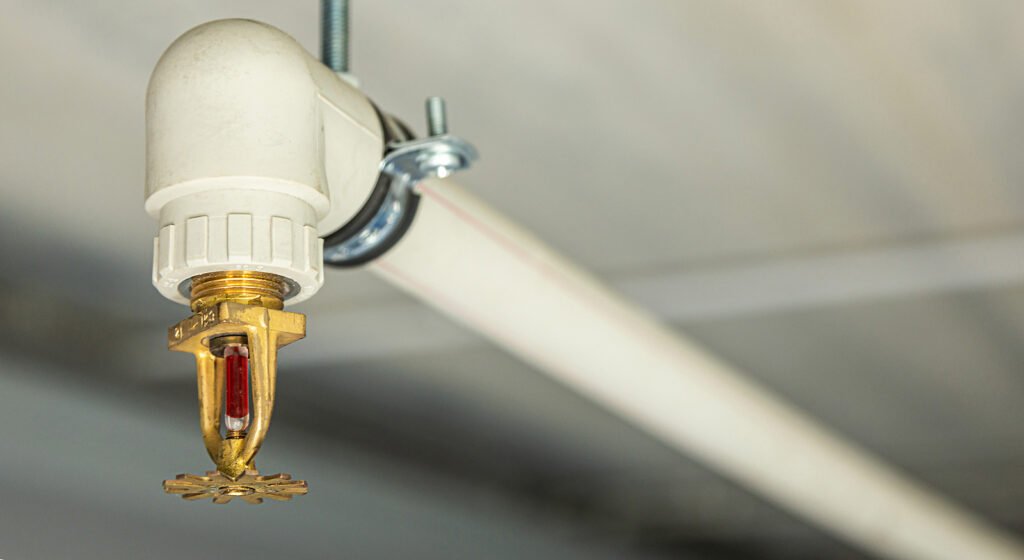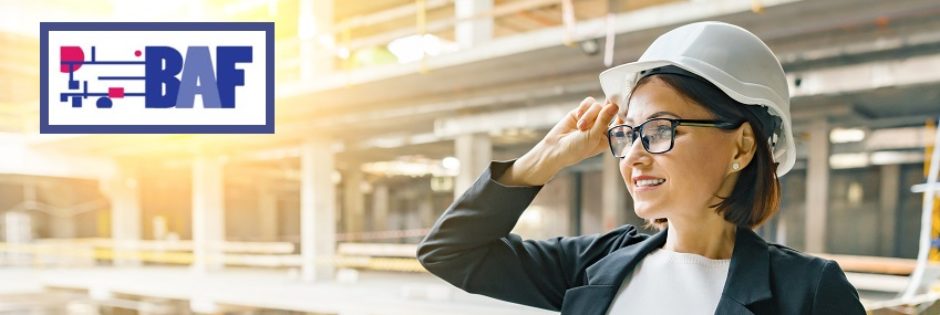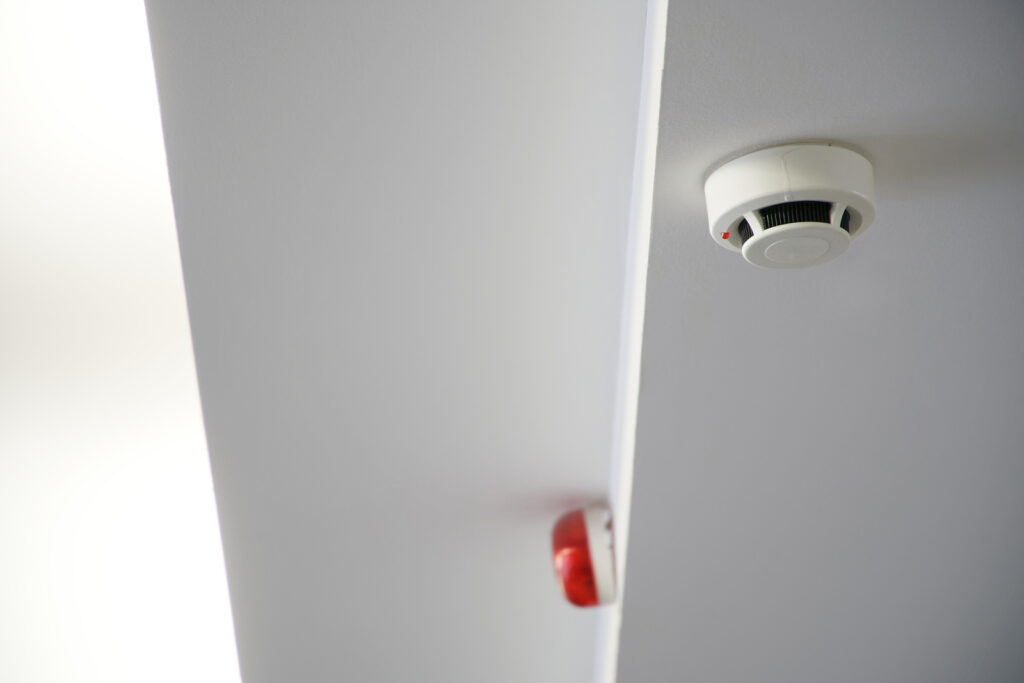Does your commercial property have a fire sprinkler system? If not, it is wise for you to reconsider. Whether you intend to incorporate a fire suppression sprinkler system into your existing commercial property’s layout or breaking ground on a brand-new building, a fire suppression system should be a top priority when it comes to finalizing your remodeling plans. That is because there is a big difference between a commercial building with a fire sprinkling system and one without, a difference that can have a major impact on a broad spectrum of areas within your business, from OSHA and safety liability requirements to insurance factors, and everything in between.
Continue reading to learn what you need to know about commercial fire suppression sprinkler systems, and who to trust for quality commercial general contracting services in Central Indiana.

Commercial Fire Suppression Sprinkler System Requirements
In the commercial construction and building industry, there is a set of strict principles known as life safety codes. Such codes and requirements differ depending on the type of building, as well as the property location, local building codes, and various other factors. However, there are certain factors that will impact the need for fire suppression sprinkler system in a commercial building. These three factors are generally relevant across the board for all commercial buildings, and include:
► THE SIZE OF THE BUILDING – The size and square footage of a commercial building will have a significant impact on the regulations and requirements for being equipped with a fire suppression sprinkler system. As you may take notice, a larger commercial building will require a more comprehensive fire suppression sprinkler system compared to a smaller commercial building.
► THE BUILDING CONSTRUCTION – The type of materials used to construct a commercial building will have an impact on the requirements for a fire sprinkler system. Common materials include brick, stucco, concrete, fiber cement siding, wood, and metal fabricated buildings. Since steel, cement, and concrete are noncombustible materials, commercial buildings constructed with these materials will require a different type of fire sprinkler system that a commercial building that is constructed with highly flammable materials such as wood.
► THE INTENDED USE OF PROPERTY – Depending on the intended use of a commercial property, the fire suppression sprinkler system requirements may differ. These requirements are also largely impacted by life safety codes. Commercial buildings that occupy several individuals or work with flammable materials and combustible operations will require more extensive fire suppression system compared to a commercial building that is less occupied and deals with noncombustible manufacturing or operations.
The Less Obvious Advantages of Commercial Fire Sprinkler Systems
You can grasp the importance of fire suppression sprinkler system in a commercial building fundamentally, as it is important to be able to quickly detect fire danger and put a stop to erupting flames and explosions before they can cause irreversible damage or injury to people. In fact, according to the National Fire Protection Association (NFPA), a quality commercial fire suppression sprinkler system will not only save lives by acting as a first line of defense against a fire or fire danger, but it will also reduce fire damage by 40 to 70% as an automatic response to such danger.
Aside from these obvious benefits, there are several other advantages of having a commercial fire sticker system, ones that are less apparent than safety and investment protection. For instance, incorporating a fire sprinkler system into the blueprints of a commercial build paves a smoother pathway for the building’s future renovation, expansion, and safety code needs. Furthermore, installing a fire suppression sprinkler system in a commercial building can place a proprietor in a position to be eligible for certain insurance premium discounts and tax benefits.
As an added consideration, you can expect a commercial fire sprinkler and suppression system to be relatively low maintenance. You will need to hire a professional Indianapolis commercial contracting facility maintenance team to routinely clean all fire sprinkler heads and replace them as needed, as well as implement regular testing to ensure all systems are up to code and operating optimally.
Are you looking for a trusted commercial general contractor that can help you with your decision on installing a new fire suppression sprinkler system on your property? Contact BAF Corporation at 317-253-0531 to get all of the answers to your questions about commercial renovation in Indianapolis, Indiana.
You Might Also Read:
When a Commercial Renovation Should Include a Fire Suppression System Upgrade
What Facility Maintenance Services Can Do for Your Business’s Post-Construction Needs
4 Tip for Planning a Tenant Occupied Building Renovation


